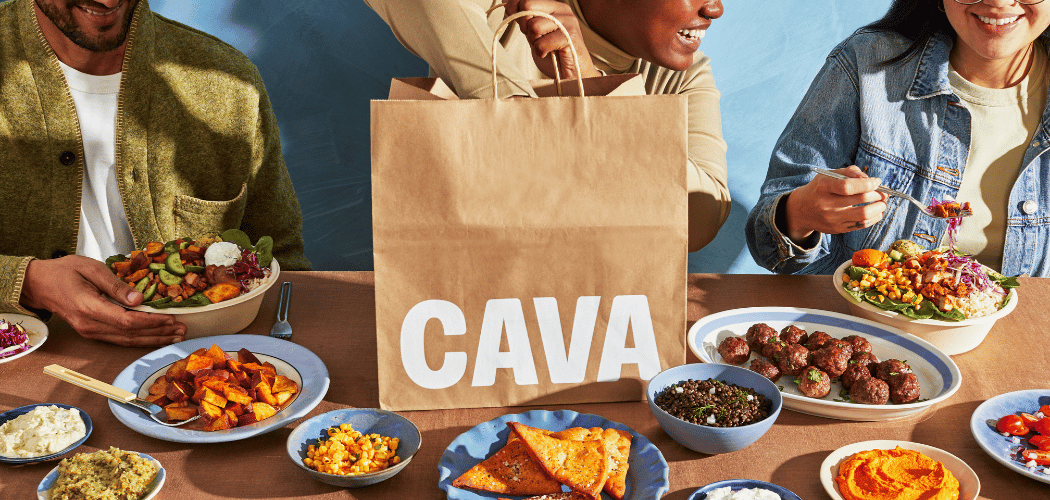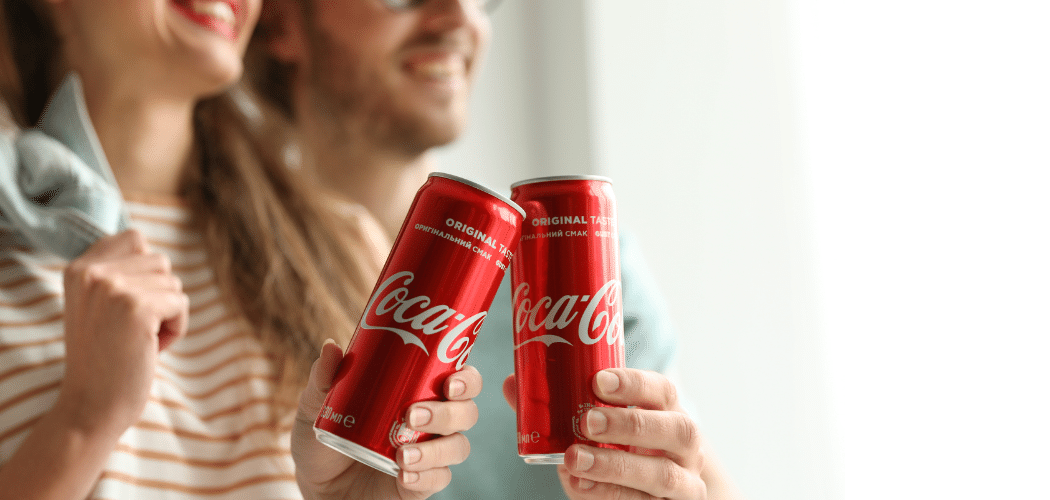These are the times, with rising prices on most consumer goods, that test a reward program’s mettle, and imagination. As consumers reconsider everyday purchases or switch brands and/or items on their must-have lists, small incentives can make a big difference. Here are six practices from proven programs that make the sale.
By: Jenn McMillen, Incendio
Hey, Bigger Receipts Don’t Necessarily Mean Bigger Rewards
Loyalty program operators, this is your time. Rising prices are still raising eyebrows, and shoppers who thought bigger shopping bills might be a short-term issue are now adjusting how they spend in preparation for long-term budget blow outs.
It shouldn’t much matter that consumer spending is expected to rise 6% to 8% in 2022, according to the National Retail Federation, because inflation is likely a contributor to the increase. Further, rising prices are getting people to change how they spend, either trading down on labels, or passing on certain items in favor of others.
A rewards program that adjusts its benefits now, to reflect what its members are thinking, can be the single difference between keeping that sale or losing that customer. Following are a few ideas to get the rewards rolling.
6 Smart Ways Programs Sell a Brand, from Amex to Shiseido
American Express thinks small for big results. The financial services company in 2021 offered its cardholders two no-strings-attached ways to make money while supporting its local business clients. First, it gave eligible members the option to earn a minimum $10 credit each month, for 11 months, for every purchase of equal or more value at a U. S. restaurant. Bonus: If the restaurant operated its own rewards program, the member could earn points there as well. That’s essentially being paid not to cook and for supporting a local business, so double warm feels. Second, Amex in 2021 gave members up to $50 in credits (up to five credits of $10 each) for shopping with small businesses. Takeaway: Small, relevant gestures can attract outsized responses.
Ruby Tuesday, Big Daddy engage members with a big E. A key to using rewards effectively is never losing sight of how members want to interact with the program. Ruby Tuesday’s SoConnected Email Club continues to rely on the channel it knows its core customer base uses most. When new members sign up, the instant $5 reward shows up in their email, ready to use. Bad Daddy Burger Bar applies the same thinking. Its Big Daddy’s E-Club’s big focus is on communication, sending enticing first-to-know missives about new menu items, exclusive deals and member offers. Takeaway: Your members won’t hear you, let alone spend more, if you don’t speak on their terms.
Nike, Dick’s, and PetSmart point toward growth. In late 2021, Nike and Dick’s Sporting Goods teamed up on loyalty, offering Nike Membership and Dick’s ScoreCard members access to Nike-branded products on the Dick’s website. In addition to scoring with members, the partnership resolves a sales issue for Nike, which has been pulling its goods out of off-price chains and other wholesalers. Plus, the shared data informs Nike’ product development.
PetSmart similarly uses its rewards currency to benefit members and company. In addition to giving points for kibble, its PetSmart Treats program encourages members to earn points on grooming, training, Doggie Day Camp and PetsHotel services — options that deepen relationships for the life of the pet. And speaking of years — PetSmart Treats gives a free surprise on the pet’s birthday. Takeaway: Create a double-dipper for extra spending. Who’s a good brand?
American Airlines goes off the runway, and soars. American Airlines is taking the 30,000-foot view of incentive opportunities and finding them well beyond its wing span. The airline is offering self-employed members 2,000 bonus miles for using H&R Block tax software — non-self-employed members can earn 1,000 points. And with that tax return, members can order a shipment of Vinesse Wine, with whom American partners, and receive 2,000 more bonus points on their first shipments (members get 5 miles per dollar of every additional shipment). Takeaway: More rewards beyond the brand, more spending.
Marriott, Small Luxury Hotels check into relevance. Guests love a hotel that knows what is important to them when they arrive, and when they must go. Members of the Invited program for Small Luxury Hotels of the World, and of the Leaders Club (The Leading Hotels of the World), get early check-in and late checkout, when available. That can be a priceless perk after a red-eye (and it can encourage more room service spending). Radisson offers the same to elite status members of its Rewards Americas program. Marriott Bonvoy allows members to redeem points for a variety of non-hotel purchases, including retail gift cards, concerts and even for TSA PreCheck applications. Takeaway: Save members time and money in ways that prove you “get” them.
Shiseido knows rewards are skin deep. The Tokyo beauty brand Shiseido gets that the element mystery and surprise are highly relevant to its customers — these features are a big selling point of cosmetics. So in March it enticed those who signed up for its exclusive offers to spend $100 and receive a free mystery bonus set of cosmetics, worth up to $74. Those who sign up for its text promotions receive an automatic 15% off their first orders, and virtual one-on-one beauty consultations with Shiseido experts. Takeaway: The value of surprise is emotionally priceless.
Rise to the Occasion of Rising Prices
Reward programs are frequently used as enrollment tools, with just-add-water reward formulas that look discouragingly similar. A point a dollar, two points a dollar, whatever. These offerings are so common I would wager that shoppers are more surprised when they don’t earn points.
Use the data your reward program provides about your customers to realign the rewards to what they want and value right now. The rewards don’t have to be bigger to be better; they just have to fill the needs of the times.
Jenn McMillen, nationally renowned as the architect of GameStop’s PowerUp Rewards, is Founder and Chief Accelerant of Incendio, a firm that builds and fixes marketing, consumer engagement, loyalty and CRM programs. Incendio provides a nimble, flexible, and technology-agnostic approach without the big-agency cost structure and is a trusted partner of some of the biggest brands in the U.S.




